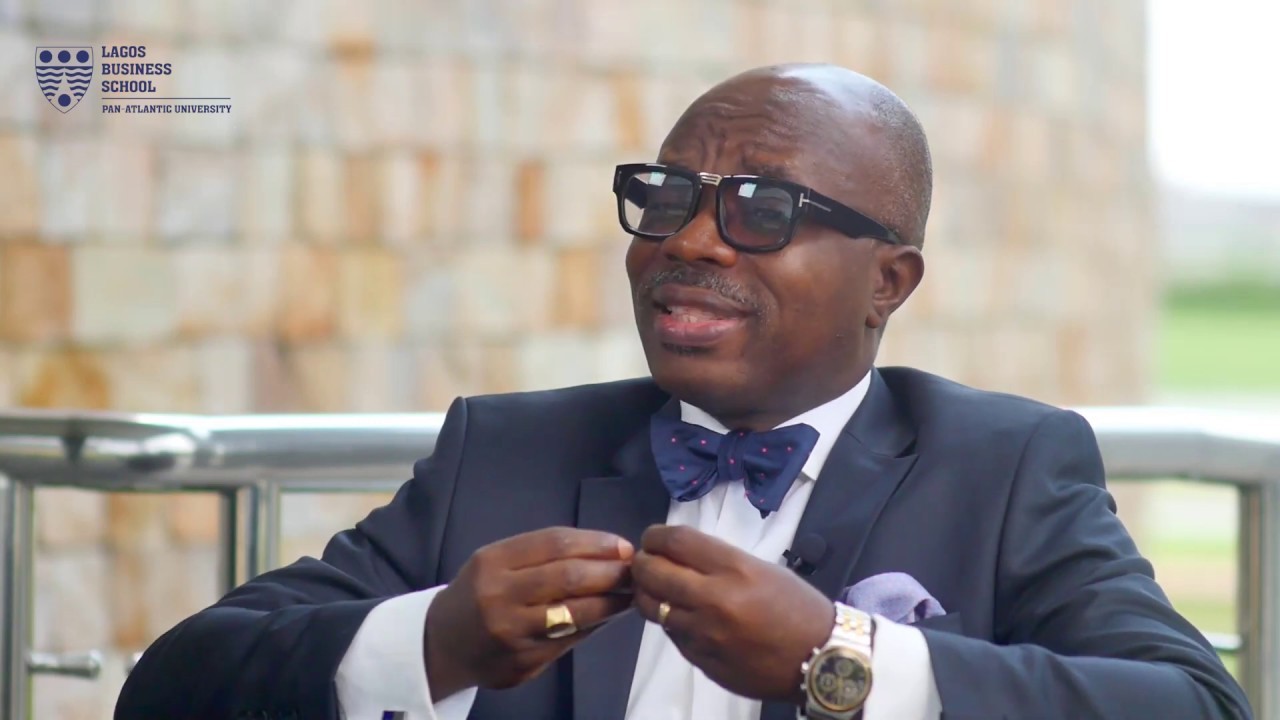Business
Nigeria’s digital economy projected to hit $16bn by 2030, says LBS

The Lagos Business School (LBS) has projected that Nigeria’s e-commerce market will exceed $16 billion by 2030, stressing that digital transformation remains central to the country’s economic future.
Speaking on Saturday at the 35th annual conference of the Finance Correspondents Association of Nigeria (FICAN) in Lagos, the Dean of LBS, Professor Olayinka David-West, represented by Professor Akintola Owolabi of the Department of Cost and Management Accounting, said Nigeria stands on the brink of a digital revolution capable of reshaping commerce, livelihoods, and service delivery.
She noted that internet penetration stood at 43.5 per cent as of March 2024, with over 163 million Nigerians online, while the telecommunications sector contributes 18 to 20 per cent to GDP. “This digital revolution transcends statistics; it reshapes commerce, services, and livelihoods,” she said.
Platforms such as Jumia and Konga, she added, continue to fuel e-commerce growth, while logistics startups like Kwik and GIGL illustrate how digital technologies are spawning new value chains, enhancing efficiency, and expanding economic opportunities.
Nigeria’s fintech sector remains a standout performer, attracting over $2 billion in investments in 2024 to consolidate its position as Africa’s financial technology powerhouse. Leading banks including Access Bank and GTBank are increasingly adopting Artificial Intelligence (AI) and Machine Learning (ML) to improve fraud detection, credit scoring, customer support, and personalised banking services.
David-West also highlighted taxation as both a challenge and opportunity in the digital economy. Since January 2022, Nigeria has imposed a 6 per cent Digital Services Tax (DST) on non-resident providers, alongside VAT on foreign digital services. The N50 electronic money transfer levy on transactions of N10,000 and above has also become a notable revenue stream.
“Digital payments and mobile money can help formalise vast informal sectors, improve tax compliance, and integrate businesses into financial systems,” she explained.
Despite the opportunities, she warned that challenges such as weak infrastructure, poor electricity supply, limited broadband access in rural areas, and digital skills gaps must be addressed. She called for regulators to strike a balance between innovation and consumer protection as technology adoption accelerates.
FICAN chairman, Mr. Chima Titus, described the digital economy as the “backbone of modern growth,” noting that ICT contributed 18.3 per cent to GDP in the second quarter of 2025, while digital payment transactions surpassed N600 trillion in the first half of the year, a 22 per cent increase year-on-year. Mobile money usage, he added, has reached over 73 million Nigerians, extending financial services to rural areas.
He also cited the Central Bank of Nigeria’s Payment System Vision 2020, which provides a framework for AI-driven innovations, blockchain settlements, and cross-border digital payments under the African Continental Free Trade Area.
“No robust digital economy can flourish without an equitable and effective tax framework,” Titus said, underscoring the need for a balanced approach to policy and innovation.




